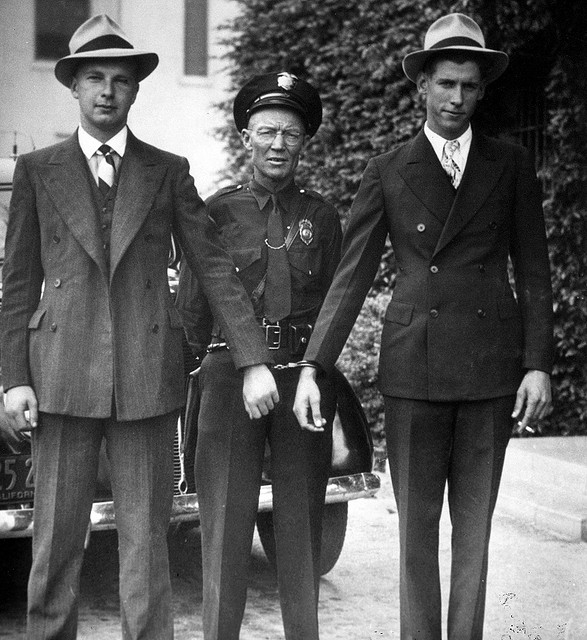The Royal Statistical Society have announced ‘Show me the data’ events at the Conservative and Labour party conferences this autumn. Each conference will host three meetings relating to “the importance of interpreting and understanding statistics”, run by the RSS with the Alliance for Useful Evidence and Ipsos Mori.
You're reading: Posts Tagged: statistics
George E. P. Box (1919-2013)
March was a terribly sad month for the University of Wisconsin; just days after losing Mary Ellen Rudin, George E. P. Box also passed away. He was 93.
Two years in: getstats
Yesterday the Royal Statistical Society/Nuffield Foundation collaboration getstats celebrated its second birthday.
Those of us with long enough memories might recall that getstats, a 10-year statistical literacy campaign, was launched with great fanfare at 8:10pm on World Statistics Day, 20th October 2010 (20:10 20.10.2010). Then-President David Hand was quoted at the time saying
Numbers are everywhere in our lives, and statistics is about turning these numbers into useful information on which we can take action. People need to appreciate the power of statistics as it can be the key to the important choices we make in our lives.
Probabilitelly

On the 18th of October BBC Four is going to broadcast a programme called Tails You Win: The Science of Chance, presented by Prof David Spiegelhalter, as part of its Big Science series.
Here’s the BBC’s description:
Smart and witty, jam-packed with augmented-reality graphics and fascinating history, this film, presented by Professor David Spiegelhalter, tries to pin down what chance is and how it works in the real world. For once this really is ‘risky’ television ((I’m going to guess this sentence is what clinched the commission – CP)).
The film follows in the footsteps of The Joy of Stats, which won the prestigious Grierson Award for Best Science/Natural History programme of 2011. Now the same blend of wit and wisdom, animation, graphics and gleeful nerdery is applied to the joys of chance and the mysteries of probability, the vital branch of mathematics that gives us a handle on what might happen in the future. Professor Spiegelhalter is ideally suited to that task, being Winton Professor of the Public Understanding of Risk at Cambridge University, as well as being a recent Winter Wipeout contestant on BBC TV.
Out-of-work economists will probably not turn to bank robbery
Three economists decided to examine bank robbery as an economic activity. They were given access to data from the British Bankers’ Association on the amounts stolen during robberies, pretended to be statisticians for a bit, and came up with some interesting results. They’ve written up their findings in a feature article in the June edition of Significance.

Photo courtesy Orange County Archives.
P-Value Extravaganza
This is the best video about frequentist statistics I’ve ever seen. Watch and enjoy:
[youtube url=http://www.youtube.com/watch?v=bVMVGHkt2cg]
Found on youtube’s math blog. If that blog really is automatically generated, I think we need to reject the null hypothesis that Google hasn’t invented strong AI. Am I doing it right? brb, going to watch the video again.
All metro systems eventually have the same shape
The BBC and Scientific American report on a paper looking, “in an exploratory manner,” at the limiting shape of metro systems serving large cities. The BBC linked to the actual paper, which is nice of them. The Scientific American article goes into a bit more detail, though.
The authors contend that rather than the shape of subway networks being decided by central planning, which would produce a variety of shapes, the eventual shape of a subway network converges on an emergen structure consisting of a dense core with branches radiating from it.